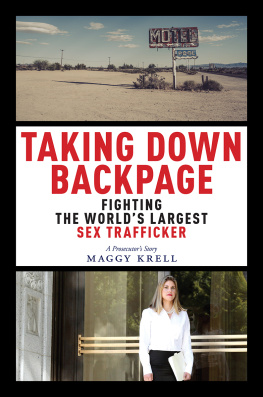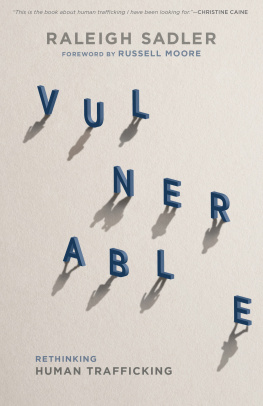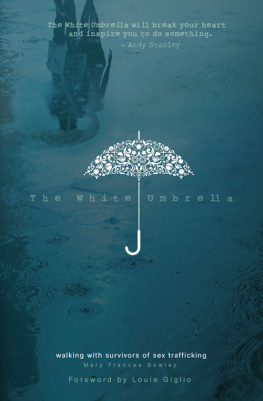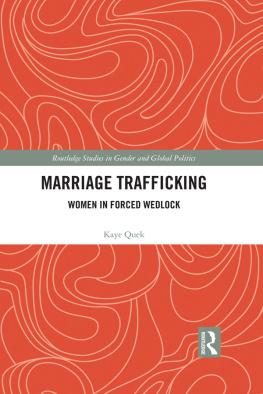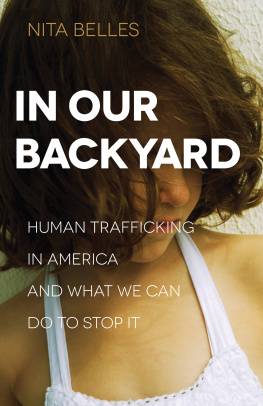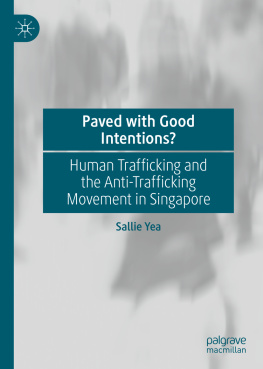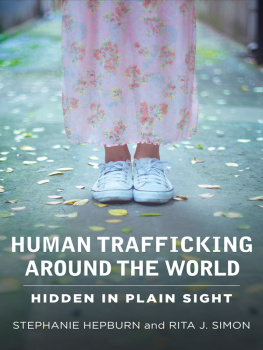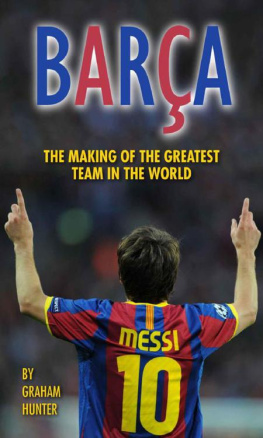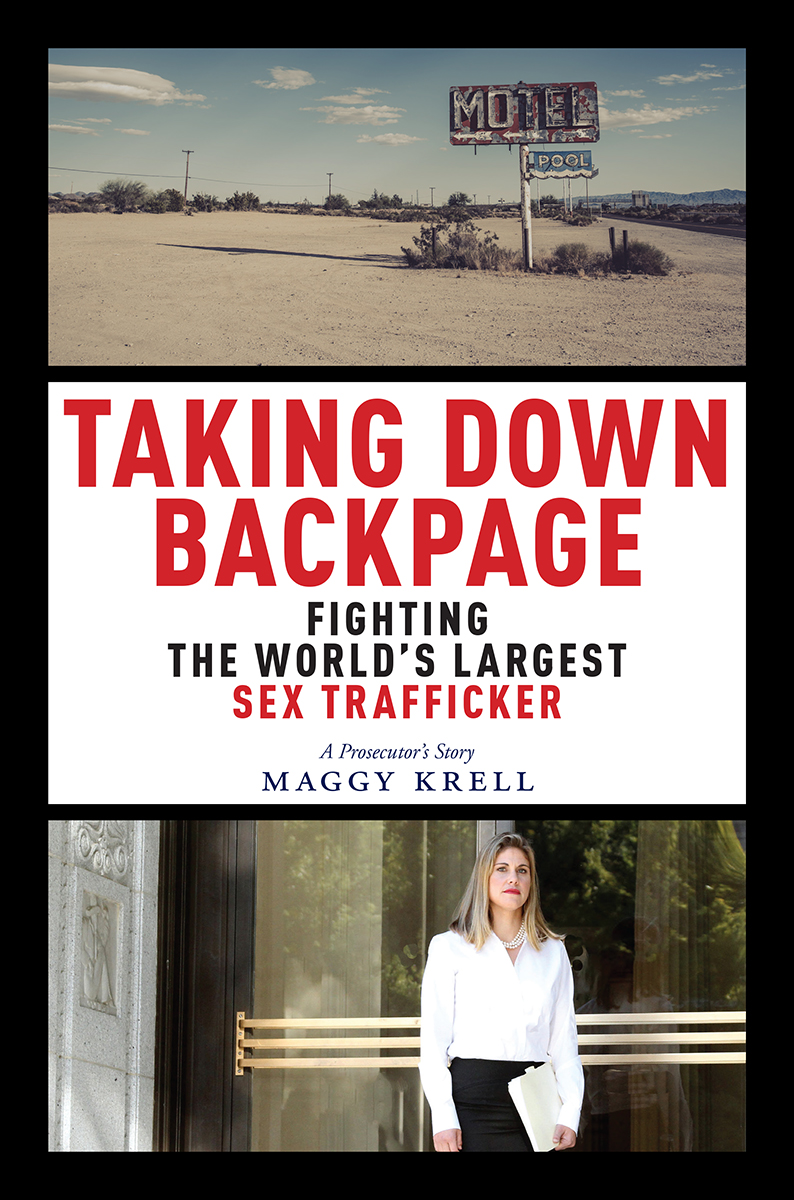
Taking Down Backpage
Taking Down Backpage
Fighting the Worlds Largest Sex Trafficker
Maggy Krell

NEW YORK UNIVERSITY PRESS
New York
NEW YORK UNIVERSITY PRESS
New York
www.nyupress.org
2022 by New York University
All rights reserved
References to Internet websites (URLs) were accurate at the time of writing. Neither the author nor New York University Press is responsible for URLs that may have expired or changed since the manuscript was prepared.
Library of Congress Cataloging-in-Publication Data
Names: Krell, Maggy, author.
Title: Taking down backpage : fighting the worlds largest sex trafficker / Maggy Krell.
Description: New York : New York University Press, [2021] | Includes bibliographical references and index.
Identifiers: LCCN 2020016795 (print) | LCCN 2020016796 (ebook) | ISBN 9781479803040 (cloth) | ISBN 9781479803026 (ebook) | ISBN 9781479803064 (ebook)
Subjects: LCSH: Backpage.com (Firm)Trials, litigation, etc. | Trials (Prostitution)United States. | Human traffickingLaw and legislationUnited States. | InternetLaw and legislationUnited StatesCriminal provisions. | Krell, Maggy. | Public prosecutorsCaliforniaBiography.
Classification: LCC KF225.B35 K74 2021 (print) | LCC KF225.B35 (ebook) | DDC 345.794/02534dc23
LC record available at https://lccn.loc.gov/2020016795
LC ebook record available at https://lccn.loc.gov/2020016796
New York University Press books are printed on acid-free paper, and their binding materials are chosen for strength and durability. We strive to use environmentally responsible suppliers and materials to the greatest extent possible in publishing our books.
Manufactured in the United States of America
10 9 8 7 6 5 4 3 2 1
Also available as an ebook
This book is dedicated to the brave human-trafficking survivors who have escaped and shared their stories.
Without them, there would be no case, no book, and no anti-human-trafficking movement.
The function of freedom is to free someone else.
Toni Morrison
Contents
T HIS book is seen through my lens as a former prosecutor. The case information herein is public record. I have added to it my personal experiences and opinions. My focus is on female survivors of sex trafficking, based on the specific investigations I discuss, but there are also male, transgender, and gender nonconforming victims of sex trafficking being exploited in the United States every day. Additionally, this book focuses solely on sex trafficking, but equally egregious human trafficking is also occurring in many other industries, from restaurants and nail salons to garment factories and farms. Like sex trafficking, whats commonly referred to as labor trafficking is an extreme form of exploitation in which a victim is forced to work with little or no pay and is not free to leave. It is not the nature of the laborwhether it is sex acts or farm work or washing dishesbut the exploitation, the working conditions, the fear, and the lack of freedom that define human trafficking, which is widely referred to as modern-day slavery. As evinced during our investigations, many of the survivors of child-sex-trafficking come from unstable home environments or have suffered from sexual abuse as a child. Such circumstances have impacted their self-esteem and made them more vulnerable to predators. Because of underreporting, it is difficult to accurately define the scope of child sex trafficking in the United States.
I also want to recognize the growing movement of those who believe commercial sex should be decriminalized or even legalized. Indeed, its important to acknowledge that not all commercial sex work advertised on the internet or anywhere else involves trafficking and exploitation. Sex trafficking should not be conflated with voluntary sex work.
This book is not about consensual sex work. It is about rape.
Those who want to see prostitution decriminalized or legalized have criticized the shutdown and prosecution of Backpage, claiming that this has made commercial sex more dangerous. The statistics dont bear this out. As a prosecutor, I saw firsthand the numerous rapes, robberies, and murders that occurred through Backpage. There was no screening, no criminal records check, no security provided. It was merely a criminal marketplace where people were sold. There was no way of knowing who would be at the other end of a call or text. Backpage made sex trafficking easy and lucrative.
The survivors who were part of the Backpage case were forced into sex trafficking, most of them as children. Their names have been changed in this book to protect their privacy. They were sold in multiple cities and sometimes in multiple states. They suffered long-term consequences and scars that will never heal. Those who escaped sex trafficking continued to suffer physically and mentally, struggling to overcome fear, anxiety, and sometimes drug addiction. And some victims of sex trafficking do not survive.
To be clear, Backpage never made any aspect of their lives safer. Backpage increased their suffering exponentially, made it harder to escape, and made more money for their traffickers. After the shutdown of Backpage, instances of sex trafficking decreased. While other websites have emerged or expanded, there is no longer a centralized site where the sale of children is normalized.
Those who choose to engage in commercial sex work are just as deserving of law enforcement protection as the countless victims who are trapped in it. Research shows there are numerous health risks associated with engaging in commercial sex, which correlates with violence and homicide rates higher than those for the general public. Sex workers should not be stigmatized, ignored, or deterred from seeking justice. But that is a different book. The focus of this book is sex-trafficking victims and at-risk children who have been sexually abusedand what we did to stop it.
The Motel
I TOOK my seat in court with a stack of color-coded files. Each one contained a police report, a rap sheet, and a complaint charging the defendant with violating some specific section of the California Penal Code. Green files were DUIs. Purple were regular misdemeanors like bar fights or shoplifting or the occasional illegal cockfight. Red were domestic violence. I was sorting through them, attempting to match the order of my stack with the order on the courts December 7, 2004, calendar sheet so that I would be ready when the judge came out and began calling the arraignment names. If he called a name and I was not ready with the file, he would become impatient and make a dramatic scene about having to wait for me. The courts calendar was loosely alphabetical, except that there were add-ons. Add-ons were extra names that had been added to the end of the calendar. Half the calendar turned out to be the extra names, so there I was, furiously sorting so that I would not be fumbling through folders when the judge came out of his chambers and took the bench.
I was the prosecutor. My job was to seek justice on behalf of the people of the state of California, county of San Joaquin, and also to organize the color-coded files. Each of my files contained a storyabout a person who made a choice, or a series of choices, that resulted in harm to another person and a law being violated. My job was to ensure that the individual responsible for the crime was held accountable, to insist on fairness, and to empower the victim.
Next page
